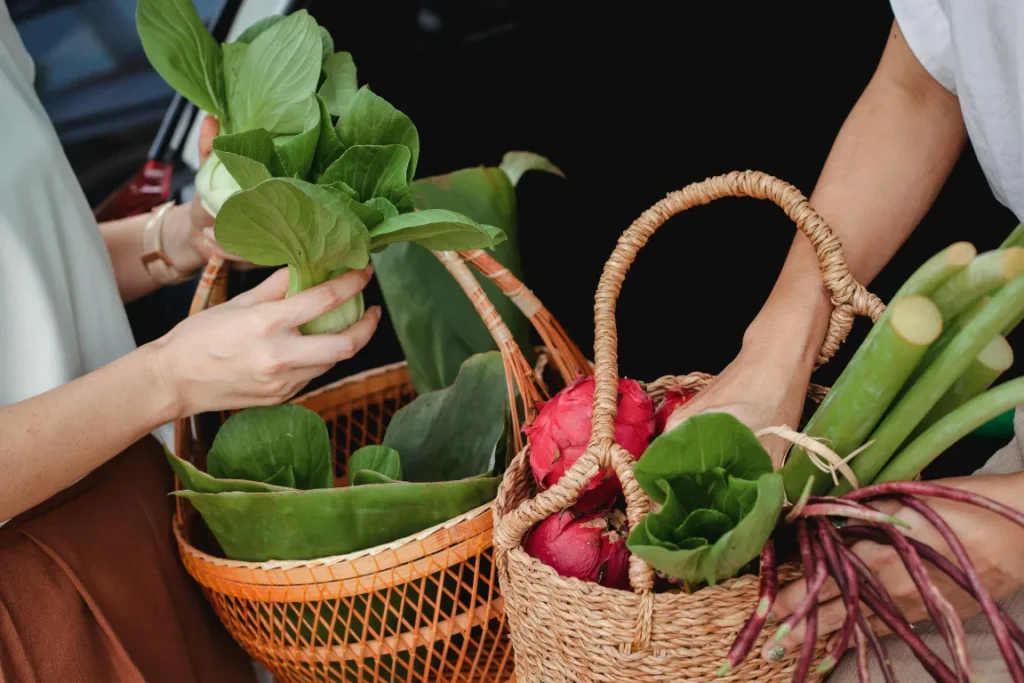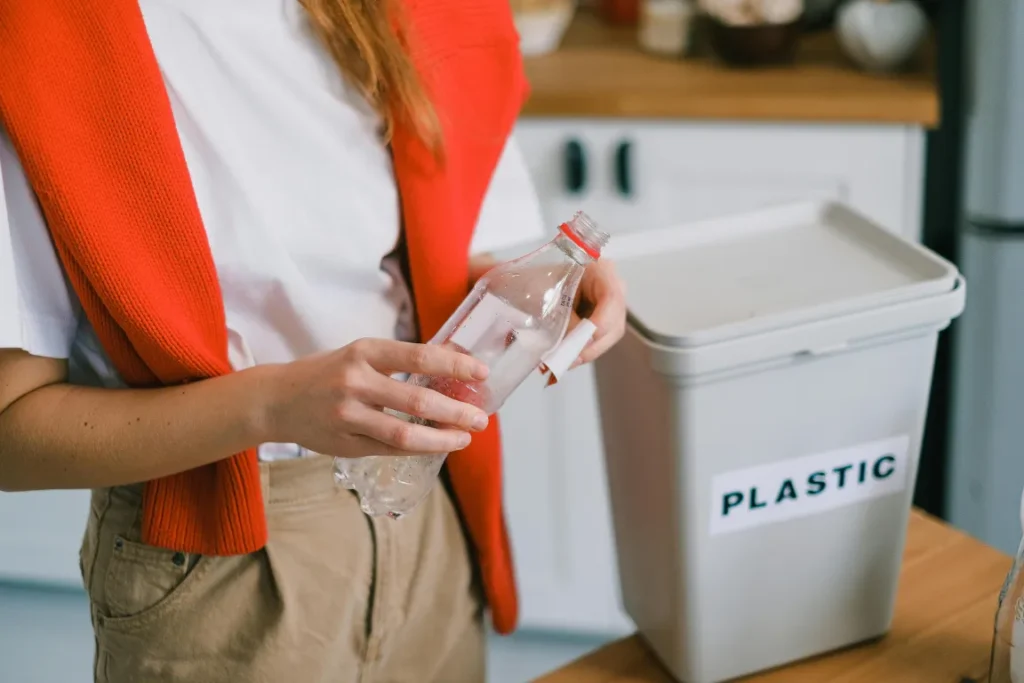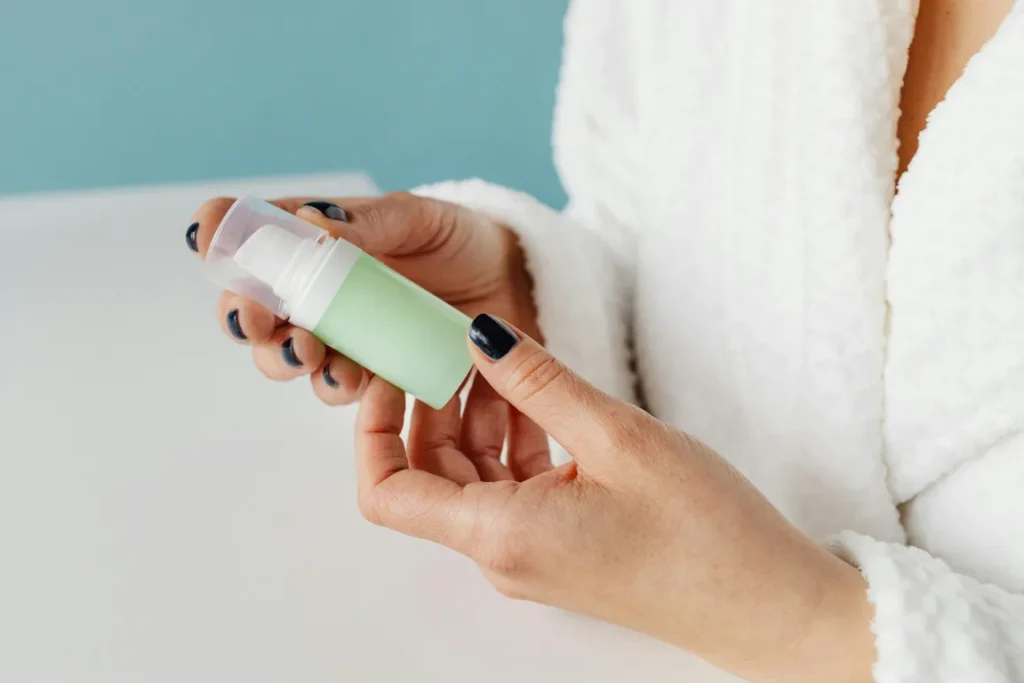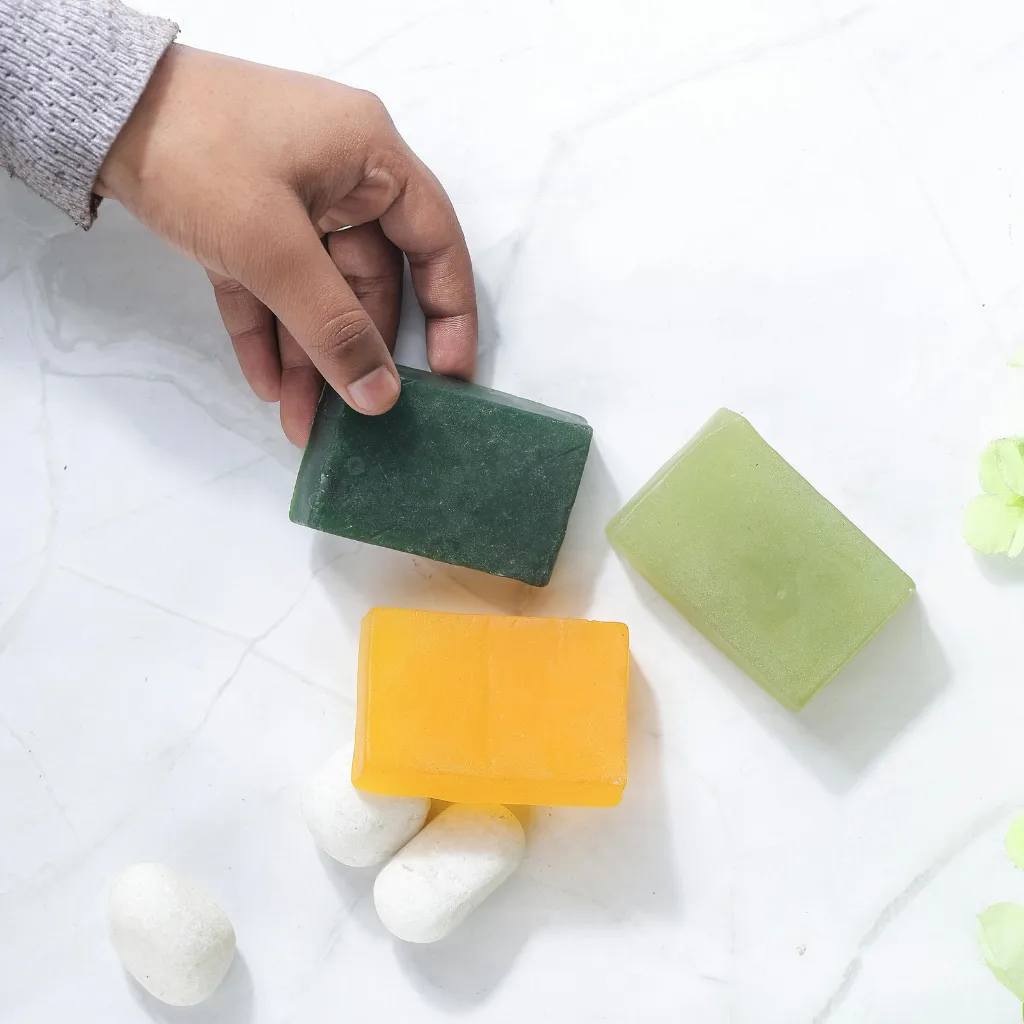In recent decades, the production of plastic has grown exponentially, so much so that in just 40 years (from 1980 to 2020) we have managed to produce more than 500 million tonnes of plastic worldwide, resulting in a 900% increase in waste.
This absurd amount of plastic, once released into the environment, tends to have devastating consequences for the entire planet, starting with aquatic environments such as the oceans.
All is not lost, however, and we can always take small steps in our daily lives to reduce as much as possible this very negative impact of plastic on planet Earth.
It is precisely because of the great hope and optimism that I want to imbue this entire blog with, that I have decided to leave you with seven possible ideas on how we can reduce the amount of plastic in our homes!
Let's start at the beginning!
Unprecedented plastic production
For several years now, we have been confronted with a more than drastic reality: plastic pollution.
The consumption and production of this satanic material has long since reached unimaginable levels,
and what is even more shocking is that the outlook for the future does not look very promising!
In fact, it is predicted that by 2050 there could be more plastic in the oceans than there are fish.
In short, if things continue as they are, we will have oceans, seas, lakes and rivers where there will no longer be beautiful and colourful fish swimming around, alive and well, happy and in full motion,
but just a lot of deadly, depressing and sad remnants of plastic bags, bottle caps and half-broken and floating containers in the midst of what was once an environment full of life and wonder.
A wonderful prospect, in short!
But this is not the end of the story!
For the great dilemma of all time is not just plastic in general, but what we have all come to know only too well as 'single-use plastic“.
In short, we are talking about the whole range of plastic objects and materials that we take off the kitchen shelves in our daily lives and use for a period of time that never (and I mean NEVER) exceeds the maximum duration of 15 minutes.
But it takes a long time to degrade!
We are talking about 500 years for the complete degradation of most objects.
There is no point in going back and forth on this as many of us are now well aware of the consequences of using such a destructive material.
We know very well that once plastic is in the environment, it can persist for generations, threatening all biodiversity, the health of ecosystems and us humans.
Have you heard about the microplastics found in the human placenta?
An all too loyal material

It is now all too clear that the plastic in circulation is here to stay,
at least for the next few decades!
We do not have the human or even the artificial capacity to completely destroy this material.
Moreover, its characteristics: its ease of use, its flexibility, its resistance, its excellent thermal, electrical and chemical properties,
make it indispensable in many sectors, especially in the industrial sector.
And so SURPRISE!
The reduction of plastics must start and continue with us, and not only with industry.
It has to be us, as individuals, who have to change certain habits in order to minimise the consumption and therefore the production of this most unfortunate ingenious invention!
So, World, let's start by calming our souls:
the reduction of plastic can't really depend on laws alone!
They are fundamental, of course,
but it would be foolhardy to continue to think that things can be changed from above.
Small daily changes
In short, let's start changing something from the ground up.
What kind of big changes should we start with?
The food we buy in the supermarket?
The choice of shampoos and creams?
Maybe even the shopping bags we use instead of the ones we get at the supermarket?
So what?
What could it be?
We go home with bags full of groceries for the whole week anyway, back-breakingly, we come back!
Let's at least make sure that in those bags is not the next cause of death of a bird, a sea turtle or a beautiful dolphin!
Don't you think?
Of course, once we realise that we could actually avoid being the next to kill one of the wonderful marine animals that we so admire and love to look at in social posts as if they were almost alien,
we have to figure out how to avoid that tragedy.
And this is where lists come in, useful and necessary to try and escape the cursed captivity that plastic has become in recent years!
Let us begin!
1. We avoid single-use plastics

To be honest, I still don't understand the point of straws.
Wouldn't you rather have a nice glass of ice and lemon?
And let's face it: the best straws on the market are the edible ones
(they're good, try them if you haven't already! Especially the lime ones)
So come on, let them stay on the shelves of some supermarket,
we can do without them!
2. We use reusable bags
I don't know about you, but for me, all those plastic bags always have holes in them when I leave the supermarket!
Now, tell me, what are they for, other than to spill all the food we need for dinner on the pavement, which, just think, can never be cooked again because it all ended up on a not-so-well-cleaned pavement!
At best, we did a 'good deed for the strays'!
But even then I would say that their stomachs would thank us more for a nice tray of food than for some uncooked gravy in a jar!
So here too: a nice reusable shopping bag, spacious and ready to be used every week!
3. We choose glass containers
I have discovered over time that a nice glass jar of passata can be a wonderful container for loose herbal teas and teas.
Just as glass jars are perfect for storing cooked vegetables in the fridge.
Do you know how much time you save on the stove?
They have saved me so much time on the stove on several occasions, between lunch and dinner.
Not bad, I would say!
4. Avoiding plastic in creams and cosmetics

It is a constant race against time, always chasing the 'elixir of life'.
When people tell us we look younger than the years we really are, we almost feel like Angelina Jolie and Brad Pitt in Mr & Mrs Smith:
why put creams, lotions and various gels full of microplastics on our bodies?
They certainly don't help us stay young, on the contrary!
Sooner or later we will end up with 4 arms and 8 legs.
OK, not scaremongering, it's a joke!
But yes, there are now many products developed using various natural and home-made substances.
So we have a lot of choices in this area too, and we can stop plastic from continuing to circulate in the environment,
both inside and outside our bodies!
This also applies to food.
Let's start by giving more importance to the 'draught shops', those wonderful and picturesque zero-kilometre markets,
and avoid that damn plastic packaging, because it's all waste that we pay for
(and let's be smart about it!?).

Fortunately, several scientific discoveries are beginning to develop that try to reuse plastic to produce useful materials for our daily lives,
here I leave you with one that particularly impressed me!!
5. Buying products in bulk
Yes, there are stores that sell household and personal care products in bulk!
And they will be our salvation.
Let us use them!
I would also like to say this: but could we decide for once what perfume we want to put on our clothes and on our floor?
Why should we leave the supermarket convinced that we have chosen the right perfume, only to find out the first time we wash them that the perfume is not as strong or as weak as we wanted it to be?
We want to be able to choose every single detergent that comes into our homes, and we wouldn't mind saving money, would we?
And why not do all this while contributing to environmental sustainability?
I am shouting at the top of my lungs: 'Yes to bulk!
And I'm not going back!
6. We prefer family size
Have we all noticed that a thousand tiny objects around the house are just a huge nuisance?
After a while, we don't even know where to put them.
And they all contain the same things!
So why buy them?
Let's avoid small containers and start buying family size ones!
You put them in one place, it is one container,
and it stays there nice and quiet without taking up all the corners of our home.
7. Raise awareness

Last but not least!
It is important and crucial to share and encourage acquaintances, friends and family members to adopt more sustainable practices.
The ability to communicate, share and talk about issues has never been more important.
Let us at least try to bring some wonder, some healthy and fair dialogue into our daily lives!
Let us talk, let us confront each other.
Let us help each other to understand what is allowed in our lives and what is not, even when it comes to what we buy, what we choose to eat or drink.
Communication is always at the root of everything!
It can greatly increase the positive effect of even our smallest actions!
A common daily struggle
What we are doing, day after day, in our own small way, is a real fight against this enormous emergency that the continuous and constant production of plastic has caused!
It is important to become more and more aware of the importance that each one of us has every day, with all the choices we make in every moment of our lives.
We are one big community, one big family that is still capable of preserving the planet for future generations, but only if each of us is truly aware of our importance as individuals.
Let us open our eyes, it is up to us and only us!
Let us educate, let us cooperate, let us talk and let us act.
Only then can we find a solution.
Don't you agree, World?!

Leave a Reply